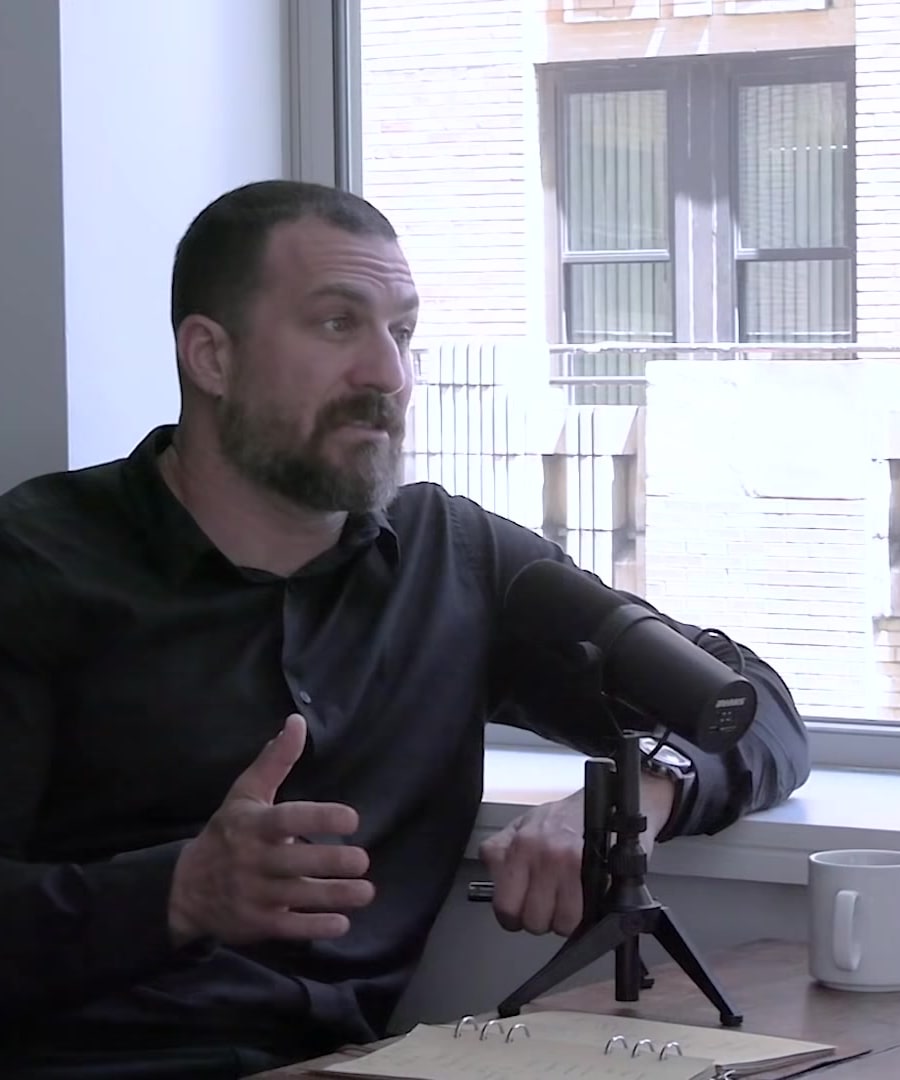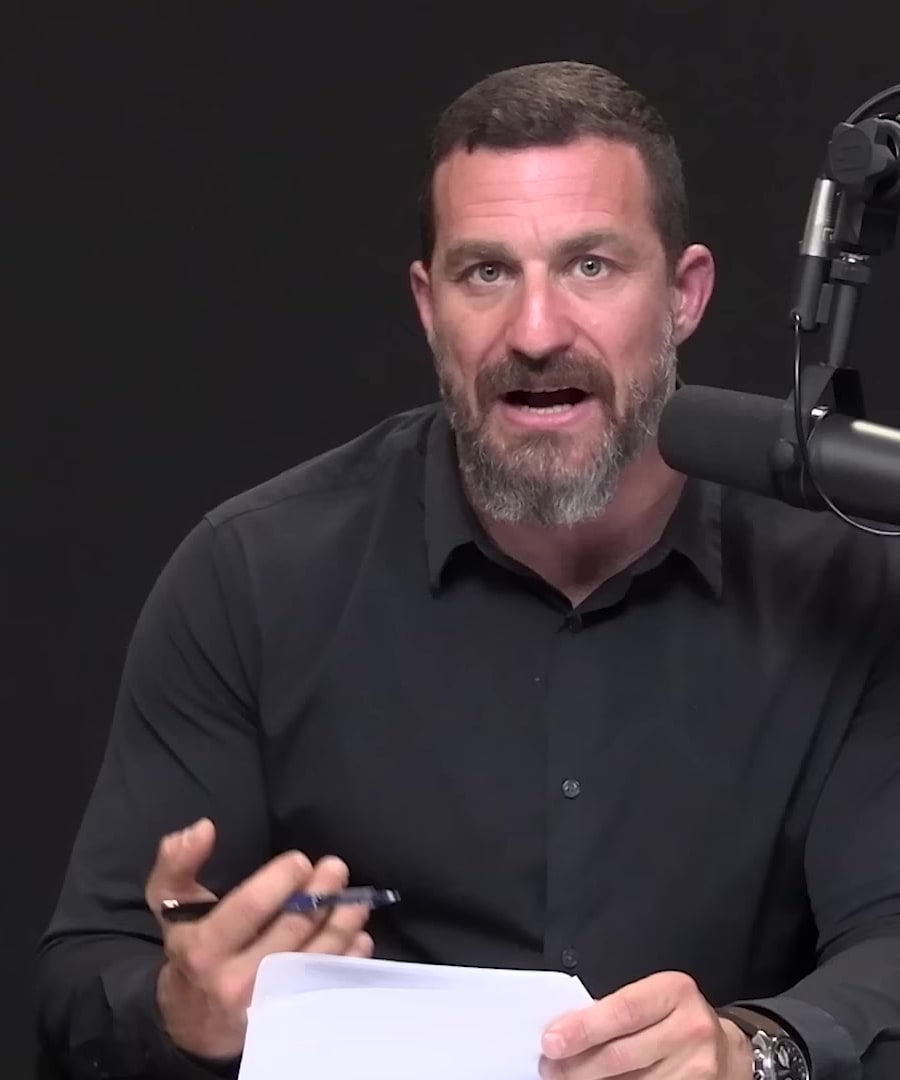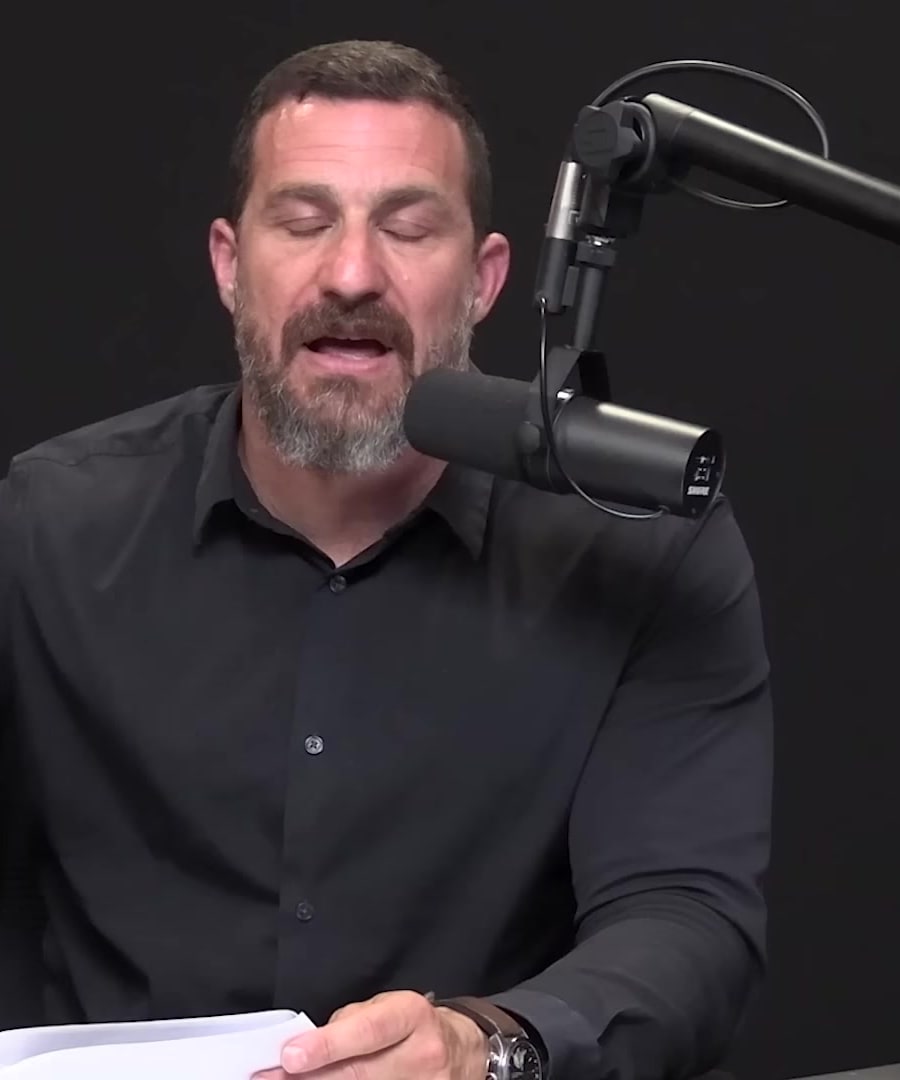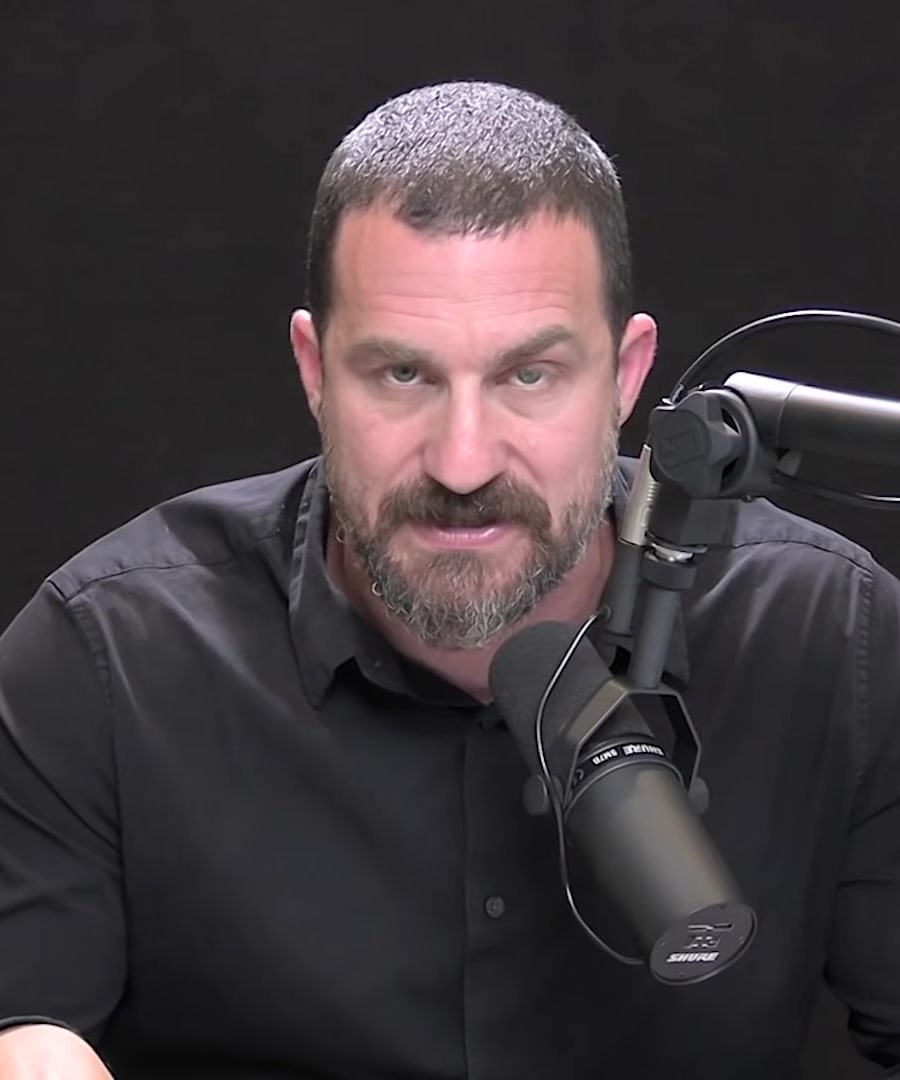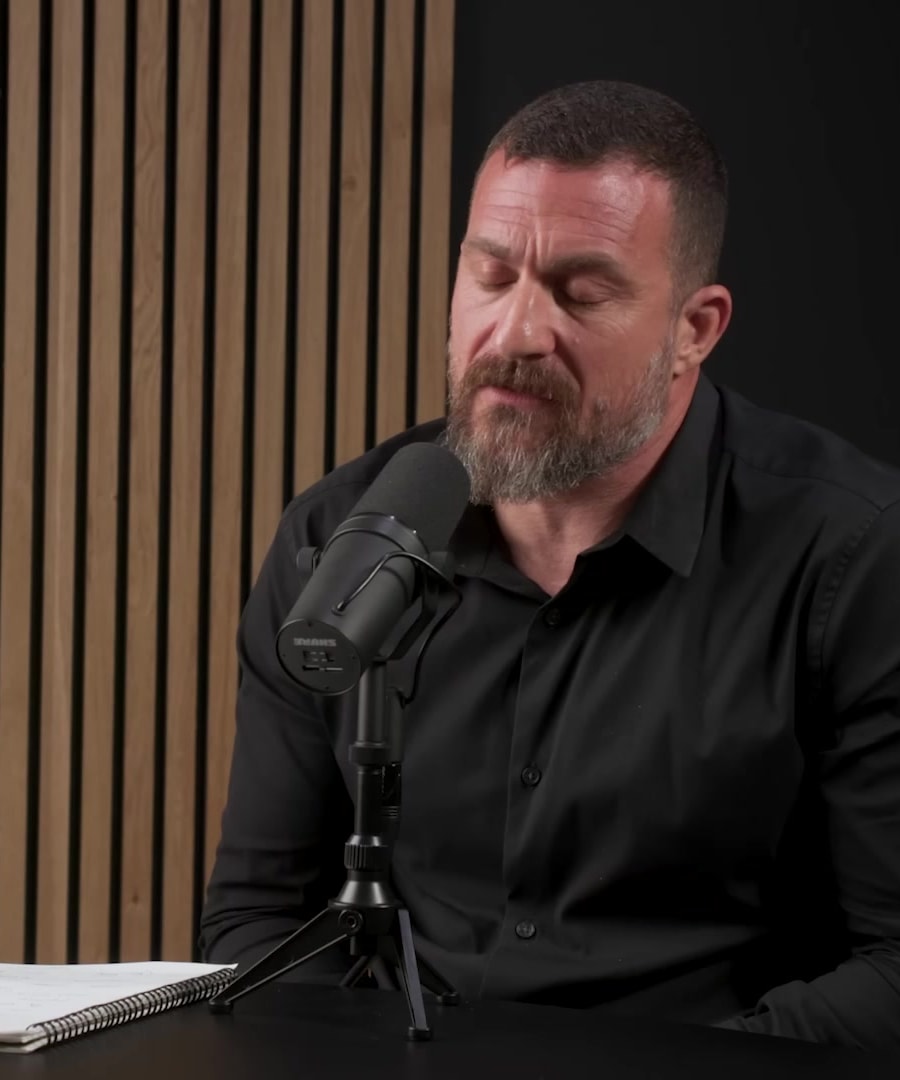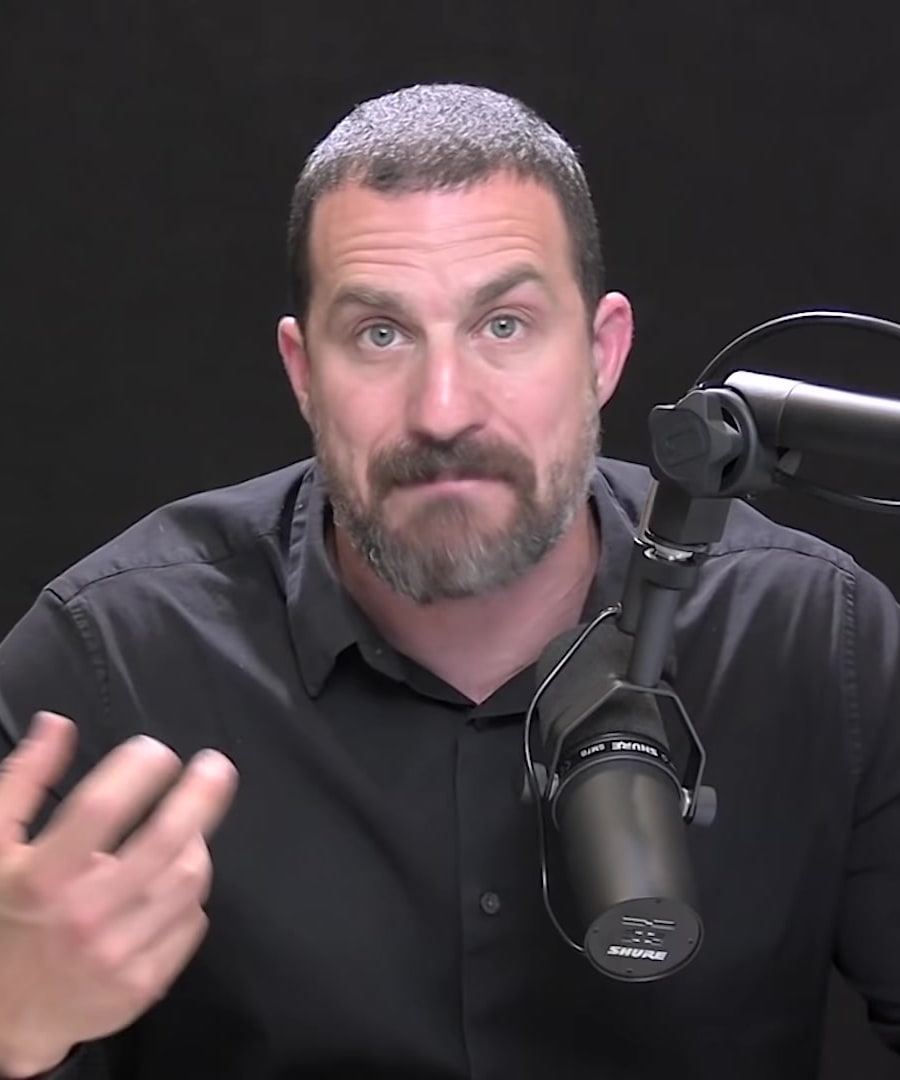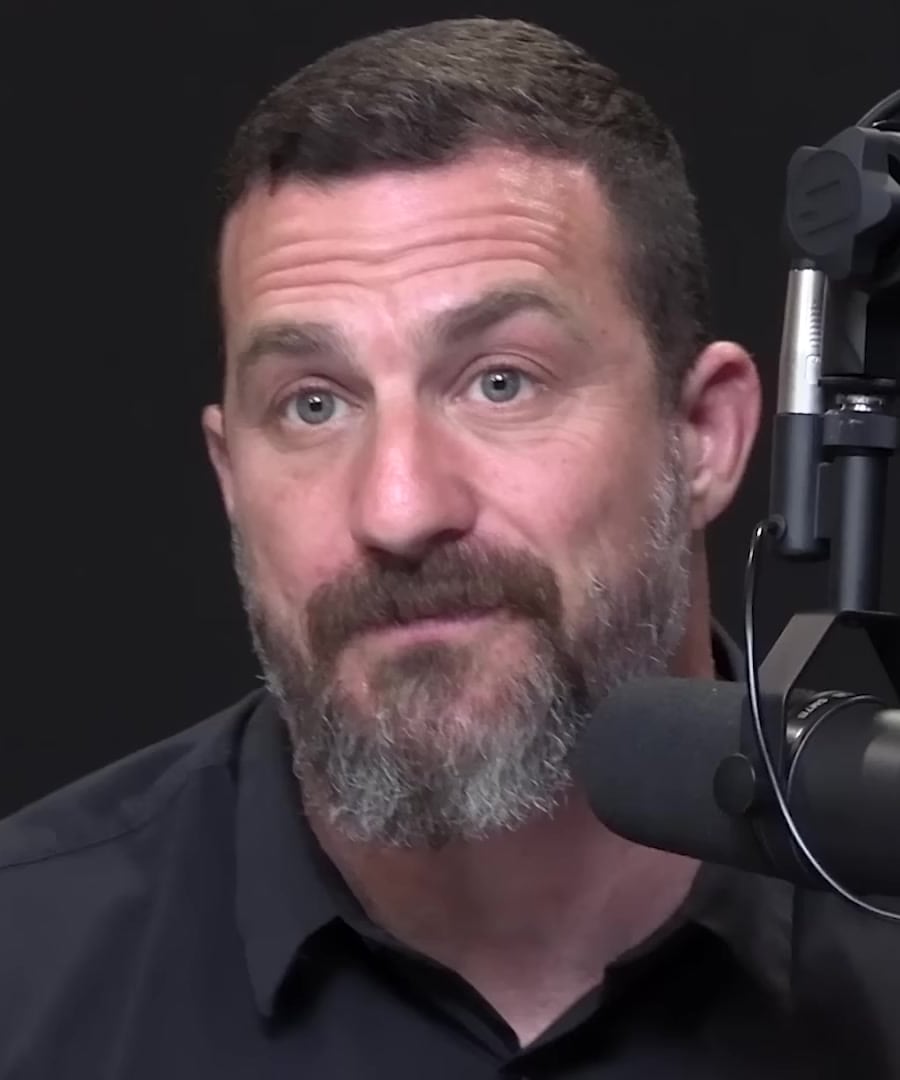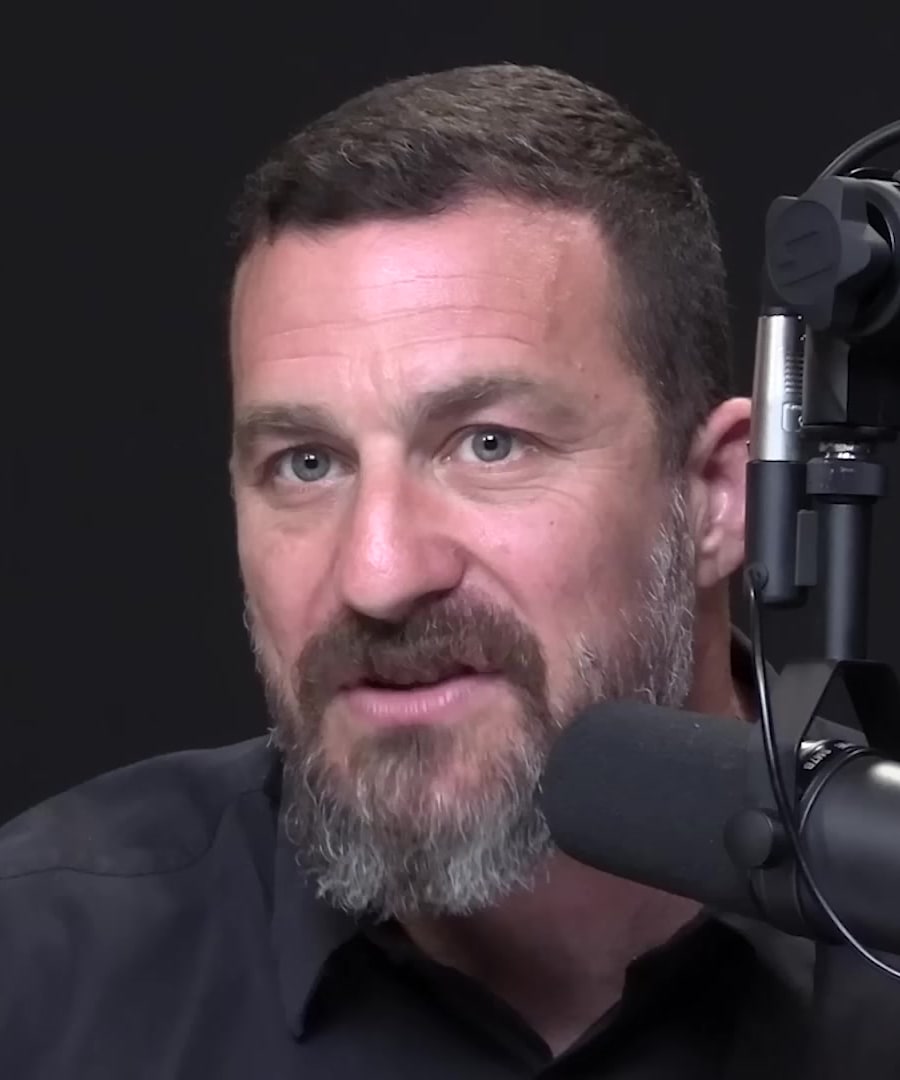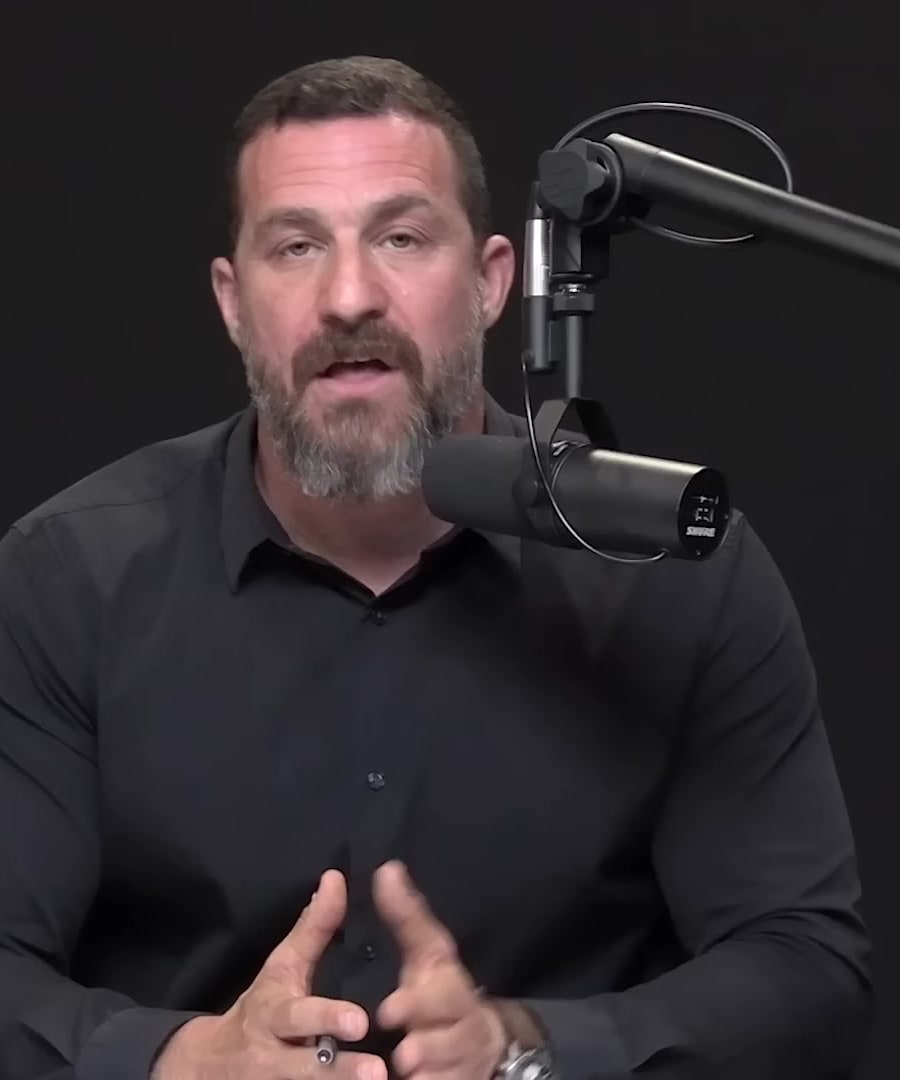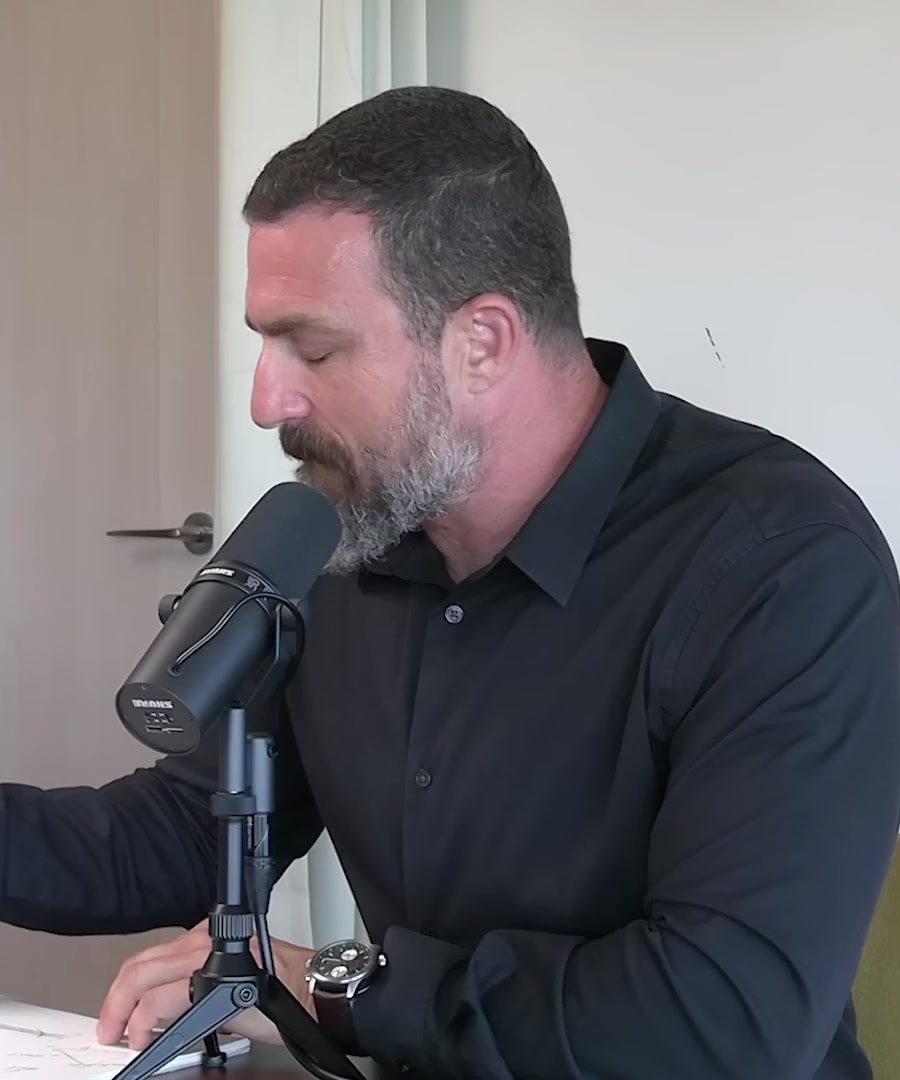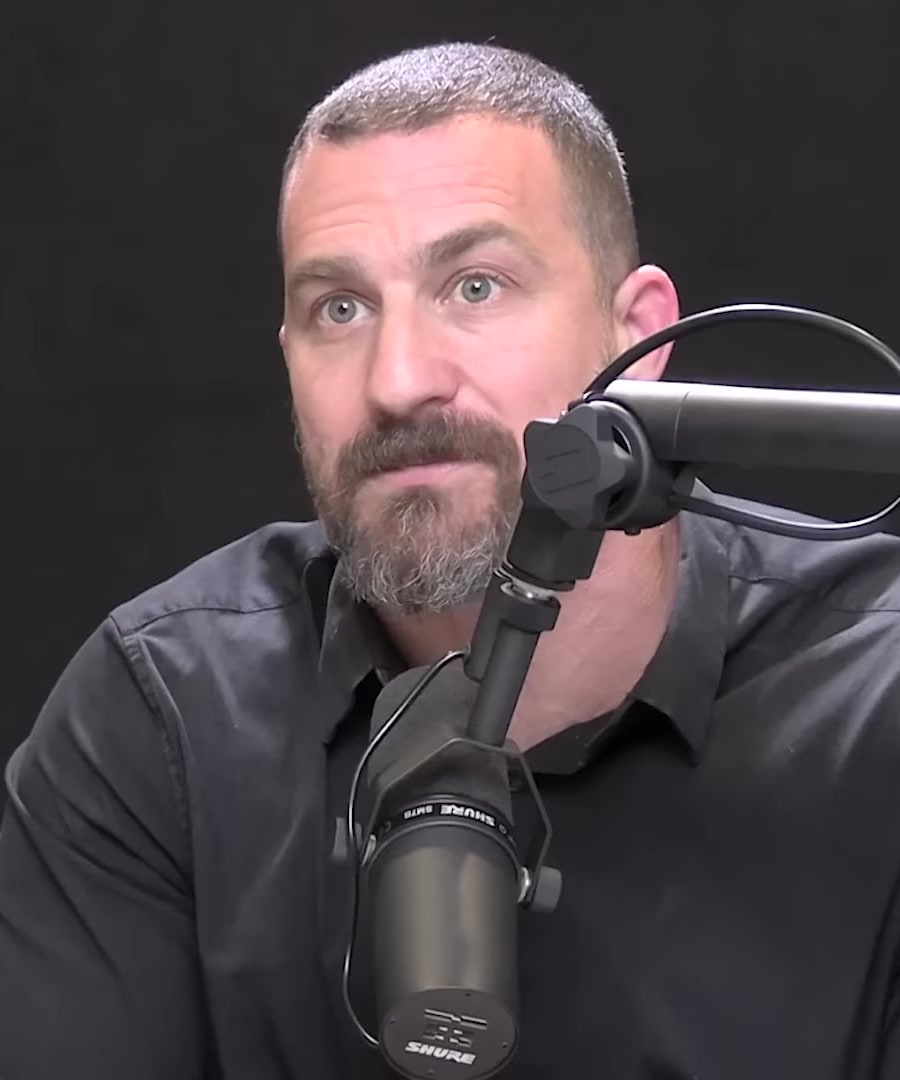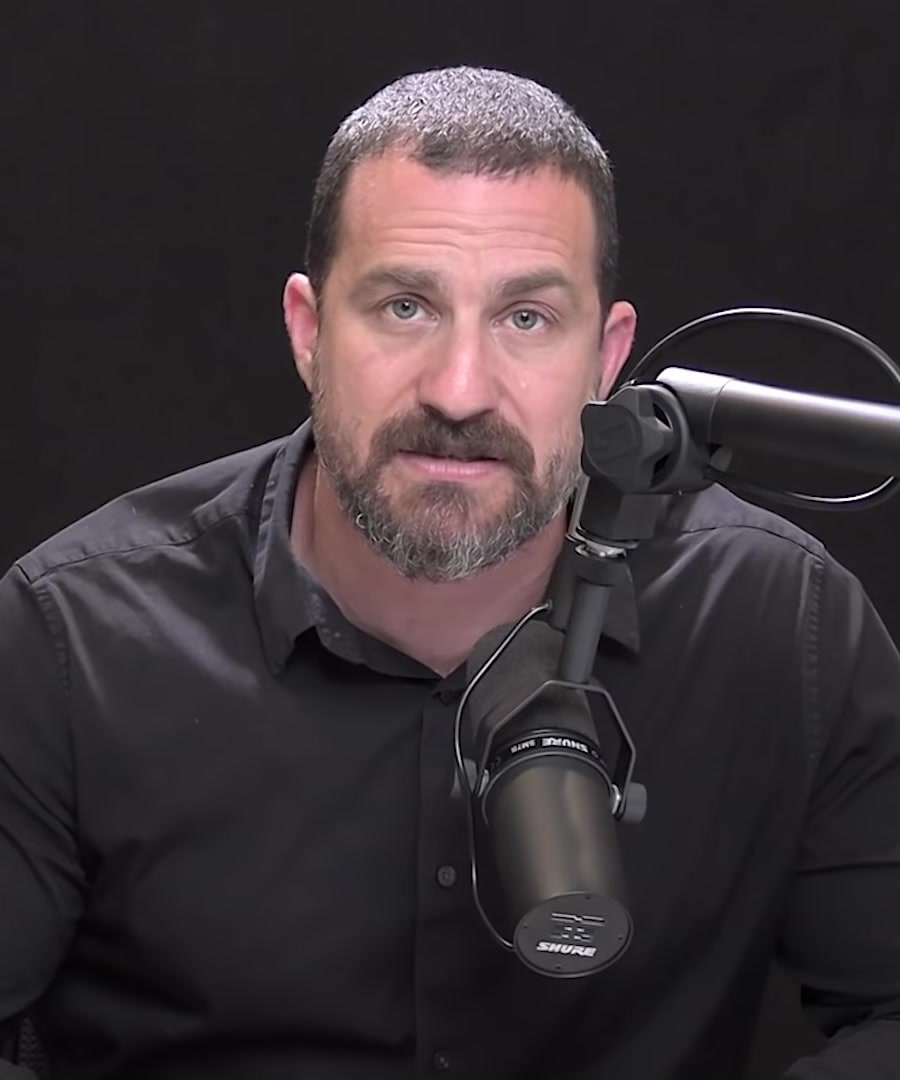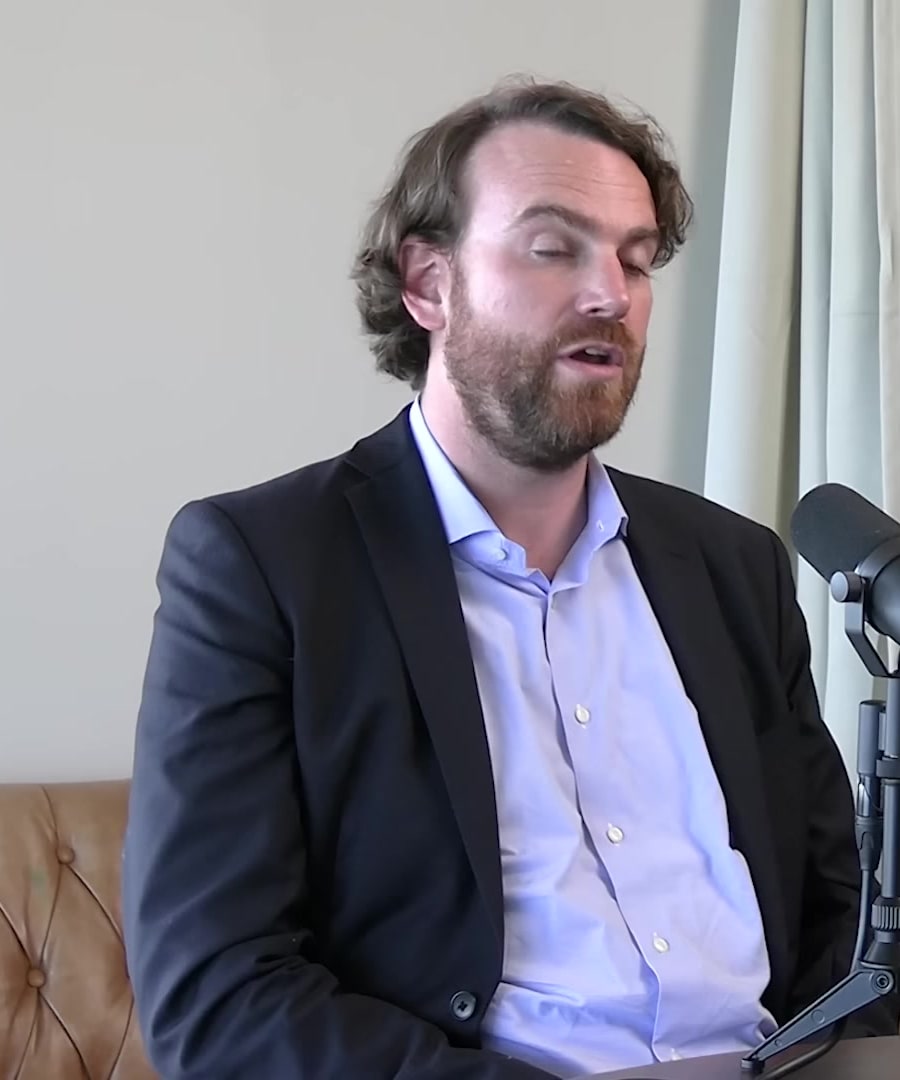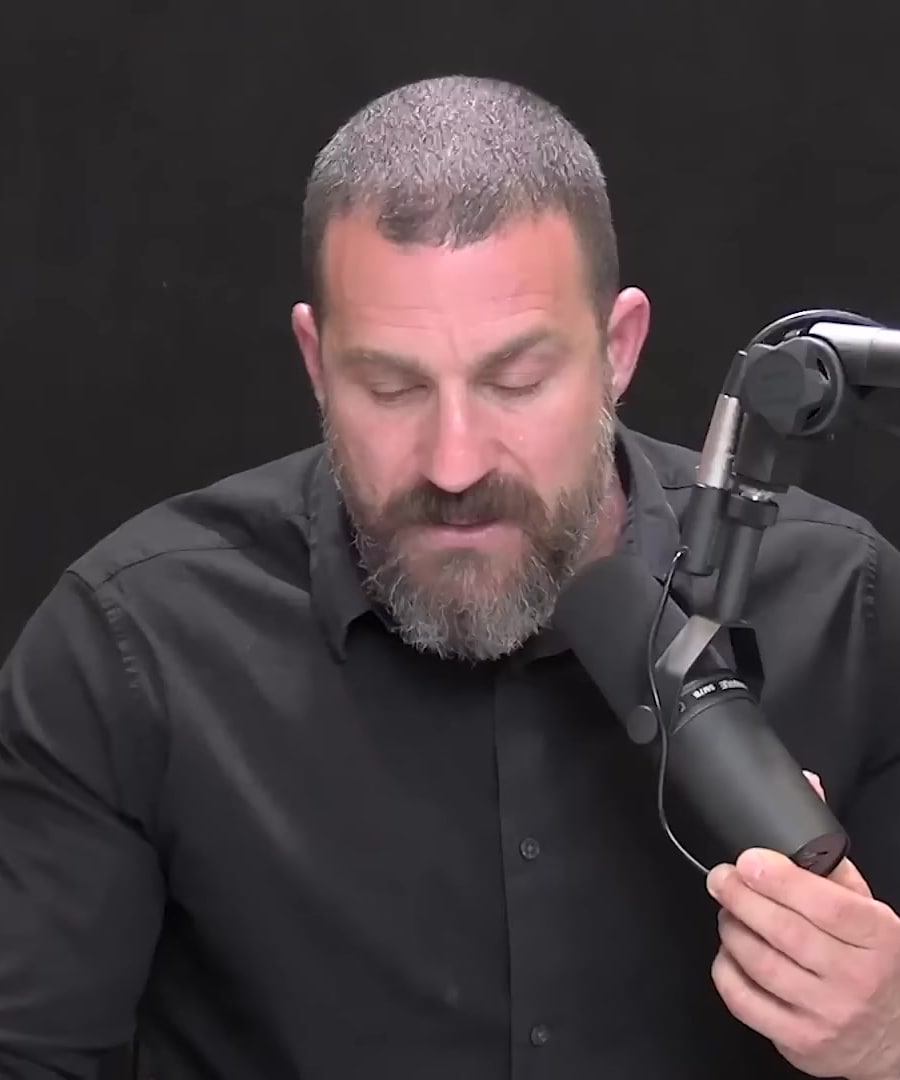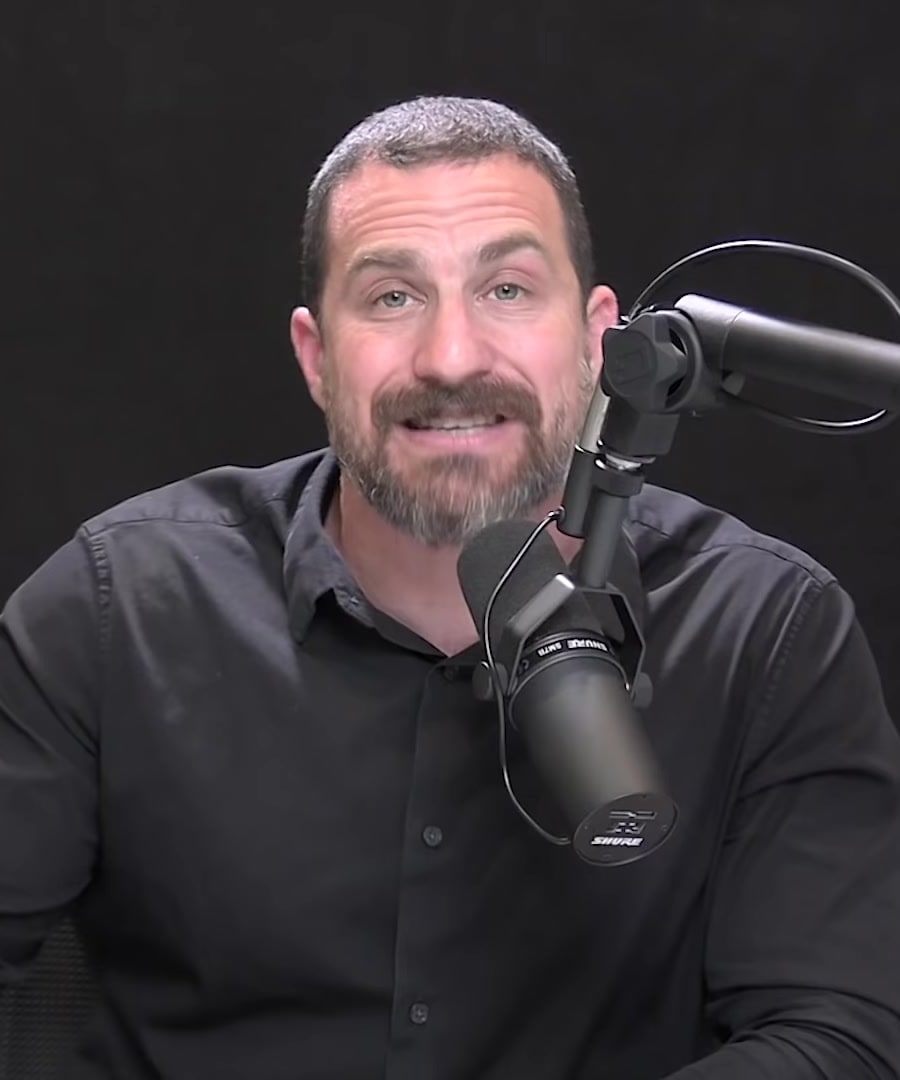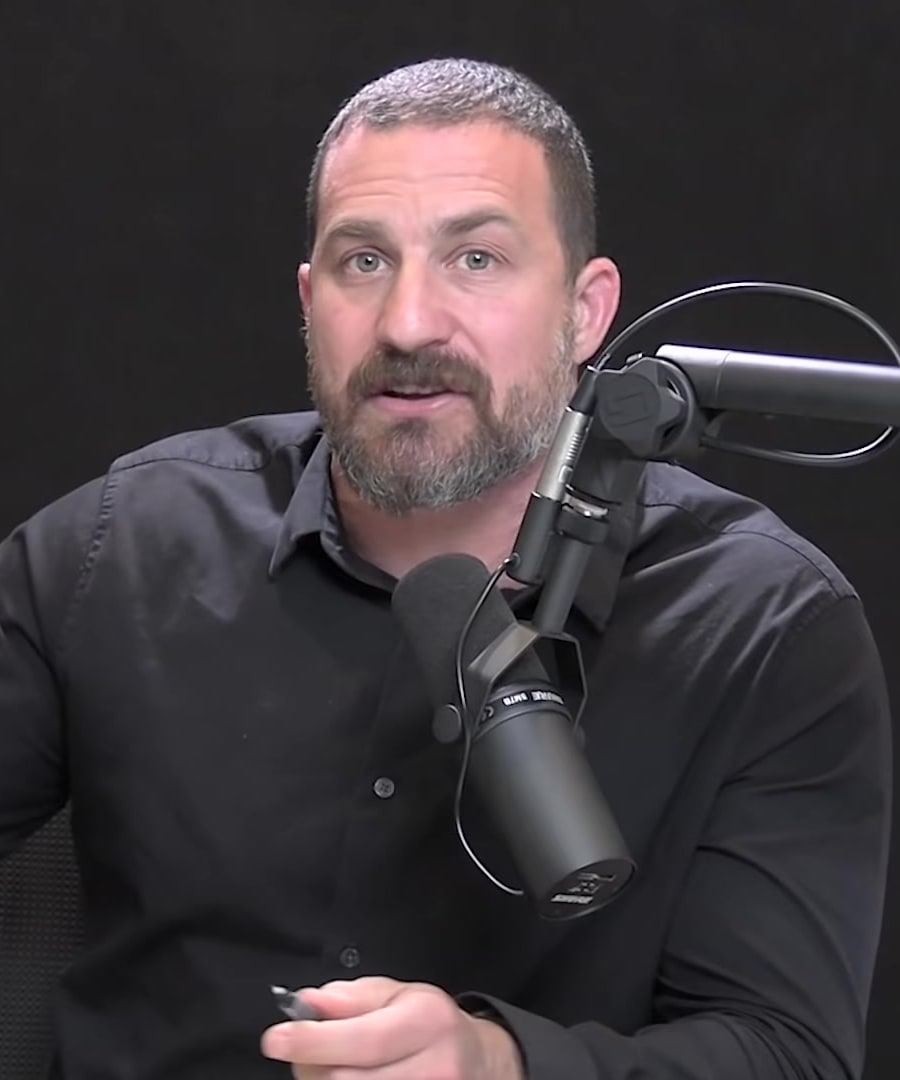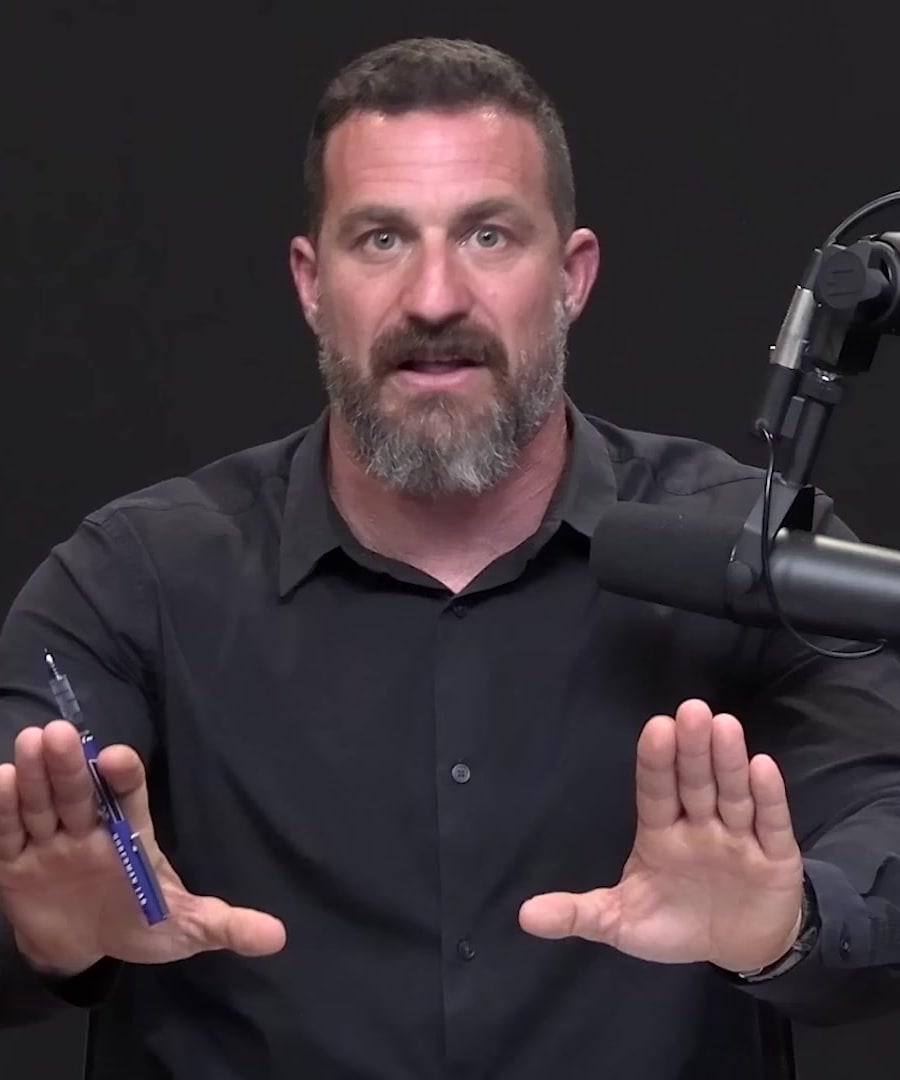My wife suffers from TRD and BiPolar 2 . We have been on Ketamine for 2 years but it is very difficult as we have no local provider and musst drive 300 miles. We use nasal during the week . I would like to move to Psilocybin and have access to it in Microdose levels. How would you recommend doing this safely. She is on Prozac as well. We are in Canada , she is 70 and fought a battle with depression fo 20 years plus wnd has be hospitalized 5 times in last 2.5 years.
Sources:
When considering transitioning to psilocybin for managing treatment-resistant depression (TRD) and Bipolar II, it's important to note that while some individuals claim psilocybin can act as a superior alternative to traditional antidepressants like Prozac, the evidence supporting these claims is not strong. Currently, no peer-reviewed studies of reputable credibility have demonstrated a clear therapeutic benefit of daily psilocybin use for depression or attention deficit disorders. This implies that while anecdotal evidence might suggest some potential benefits, they have not been scientifically validated under rigorous conditions. Therefore, integrating psilocybin, particularly in microdoses, should be approached cautiously and ideally under the guidance of a healthcare professional experienced in psychedelic therapy. Additionally, considering the potential interactions with other medications like Prozac and the complexities of your wife's conditions, professional supervision becomes even more critical 1 .
RELATED QUESTIONSCould you provide more information on the current research around psilocybin and depression?
Sources:
Current research on psilocybin and its potential to treat depression has shown promising results. Clinical trials have explored the use of psilocybin, typically in doses ranging from 25 to 30 milligrams, to provide long-lasting relief from depression. These studies commonly include a comparison of psilocybin with other treatments such as SSRIs or cognitive behavioral therapy. The results have been encouraging, with many participants experiencing substantial relief from major depressive symptoms.
For instance, clinical trials have reported that 60% to 75% of participants experienced positive effects with minimal adverse events after psilocybin sessions. The combination of psilocybin and supportive psychotherapy was found to be particularly effective, producing rapid and sustained antidepressant effects, significantly greater than those observed with standard psychotherapy or pharmacological treatments 1 2.
Moreover, the therapeutic value of psilocybin isn't limited to just high doses or "macro-doses." The benefits of microdosing, although not as impactful as larger doses, are also being explored and show promise for integrating into regular psychiatric practice under controlled conditions 3.
However, it's important to note that all these studies were conducted under tightly controlled clinical settings, and participants are often required to pause their usual antidepressant medications. This controlled environment includes preparation and integration sessions with skilled therapists to help ensure safety and maximize therapeutic outcomes 4.
Current phase three trials, like those conducted by Compass for treatment-resistant depression, highlight a growing interest and validation of psilocybin's potential in mental health treatment, demonstrating significant effectiveness and safety within clinical settings 5.
Recommendations:
Given the promising but preliminary state of this research, and considering the overlapping use of medications like Prozac, it’s crucial to discuss any changes in treatment with healthcare professionals who are knowledgeable about psychedelic therapy and the current research. This is necessary to safely manage potential interactions with existing medications and to tailor the approach to the individual’s specific health needs.
RELATED QUESTIONSAre there any opposing opinions on using psilocybin for depression?
Sources:
While the overall consensus on psilocybin therapy for depression is positive, some concerns and opposing opinions do exist regarding certain risks and the robustness of the outcomes. Here are the primary apprehensions associated with psilocybin therapy for depression:
-
Adverse Psychological Events: High doses of psilocybin, while effective for some, have also been linked to potential severe adverse effects such as anxiety, transient headache, and even suicidal ideations in certain cases. These adverse events tend to be higher in higher dosage groups. It's emphasized that the response to psilocybin is highly individualistic, indicating that it may not be suitable for everyone 1.
-
Regulatory and Legal Concerns: Psilocybin still remains illegal in many places globally, although some regions have decriminalized its use under specific conditions. The current discussion within clinical settings and under strict regulations does not necessarily endorse its widespread use outside such controlled environments 2.
-
Reliability of Subjective Experiences: The treatment's effectiveness partially relies on subjective experiences during psilocybin sessions, which can vary drastically among individuals. Some researchers raise concerns about whether the benefits can consistently translate across different people with varied psychological backgrounds and conditions 3.
-
Comparison with Existing Treatments: While psilocybin has showcased potential benefits exceeding those of traditional treatments like SSRIs, some healthcare professionals caution against deeming it a superior solution universally. The variable effects and potential intense experiences associated with psilocybin therapy need further studies to establish it as a primary depressive treatment modality over more established therapies 4.
In summary, while psilocybin therapy shows significant promise, especially in controlled clinical environments, the variability in individual reactions and the serious nature of some adverse effects warrant cautious consideration. Further, the therapy's legal status and its challenging integration into broader treatment protocols remain subjects for future resolution.
RELATED QUESTIONS-
What are the safety concerns regarding psilocybin for depression?
Sources:
Safety concerns regarding psilocybin therapy for depression primarily revolve around its proper administration and potential for adverse effects in specific populations. Here are the key safety concerns as discussed in the data:
-
Adverse Psychological Effects: Psilocybin therapy can provoke severe psychological reactions, such as increased anxiety and suicidal ideation, especially at higher dosages. These reactions are more prevalent in higher dose groups due to the intense subjective experiences involved 1.
-
Contraindications: Psilocybin is not suitable for everyone. It's contraindicated for individuals with a predisposition to psychotic or bipolar episodes. This extends even to those who have a close relative with these conditions. Additionally, it should be avoided in younger individuals (under 25 years) due to the ongoing development of their brains 2.
-
Interaction with Medications: Those participating in psilocybin therapy are generally required to abstain from antidepressants, particularly SSRIs, before partaking in the therapy. This is necessary to avoid interaction effects which can be harmful 2.
-
Necessity of Medical Supervision: The therapy must be conducted in a controlled setting with professional oversight. This includes proper psychological support and monitoring of the individual's mental state throughout the process to handle any negative reactions effectively 2.
-
Legal and Ethical Concerns: Psilocybin remains illegal in many jurisdictions, and its use is heavily regulated. This restricts its application to certain research or therapeutic contexts, which must be adhered to strictly to avoid legal repercussions 3.
Ensuring that these safety precautions are observed is crucial for the therapeutic use of psilocybin to be beneficial and to minimize risks to the participants.
RELATED QUESTIONS-
Where is psilocybin therapy currently legal?
Sources:
Psilocybin therapy is currently legal in the following locations for specific therapeutic uses:
-
Oregon: Psilocybin is approved for therapeutic use in specific conditions such as depression and some forms of addiction. It is more in the domain of decriminalization rather than outright legality 1.
-
Decriminalization in Specific Regions:
- Oakland, California: Psilocybin has been decriminalized in certain parts like Oakland, although decriminalization can mean various things ranging from making it a low law enforcement priority to near legalization 1.
While these areas have taken steps toward decriminalization or approval for therapeutic use, it's important to note that in general, psilocybin remains illegal under federal law in the United States. Decriminalization does not equate to legalization, so the context and specifics of how psilocybin can be used legally are nuanced and limited to specific settings 1.
RELATED QUESTIONS-
What's the status of psilocybin therapy legalization in other countries?
Sources:
In several countries, psilocybin therapy is in the process of being examined and regulated, primarily for clinical applications in mental health treatments. The status varies widely:
-
United States:
- Oregon: Psilocybin has been approved for therapeutic use in specific conditions such as depression and addiction, but it's in a decriminalized state rather than fully legal 1.
- FDA Designations: Psilocybin has been designated as a breakthrough therapy by the FDA for treating disorders like PTSD and depression. This indicates promising early research but full approval is pending completion of clinical trials 2.
-
Canada:
- Clinical trials and research into psychedelic therapies, including psilocybin, are active, indicating a shift towards potential medical use under controlled conditions.
-
European Countries:
- Research and pilot programs are ongoing, particularly in the UK and Netherlands, focusing on the therapeutic potential of psychedelics like psilocybin for treating various mental health conditions.
-
Australia:
- Recently, there has been movement towards the potential medicinal use of psilocybin, especially for depression and PTSD, within clinical research settings.
The global landscape of psilocybin therapy legalization is primarily situated within clinical research frameworks, with definitive legal status still evolving. Most countries are cautiously examining psilocybin's therapeutic potentials under controlled circumstances 3.
RELATED QUESTIONS-
What are some other alternative treatments for depression?
Sources:
and his guests have discussed several alternative treatments for depression on the . Here are a few key alternatives they have highlighted:
-
Ketamine: This is a dissociative anesthetic that has been found to cause dissociative states, which can help distance patients from their emotions and provide relief from depression through dissociation, which appears necessary for its antidepressant effects 1.
-
Bupropion (Wellbutrin): A medication that increases dopamine and norepinephrine levels. It was developed as a treatment for depression for those who experience adverse side effects from SSRIs and has been shown to avoid some common side effects like sexual dysfunction 2.
-
Psilocybin: A psychedelic compound actively being researched for its ability to rewire neural circuits and alleviate depression. It primarily affects the serotonin 5H2A receptor and has shown promising results in rewiring neural pathways associated with depression 3.
-
Omega-3 Fatty Acids (EPA): Regular intake of EPA, either through diet or supplements, has been discussed for its anti-inflammatory properties and its role in mood regulation, which can help in managing depression 4.
-
Exercise: Regular physical activity, particularly cardiovascular exercise, has been strongly linked to improvements in mood and is considered effective in treating mild depression. It may act through mechanisms similar to those affected by prescribed antidepressants 5.
These alternative treatments highlight a range of pharmacological and non-pharmacological options that aim to manage and treat symptoms of depression.
RELATED QUESTIONS-
Can you explain the role of diet, specifically omega-3 fatty acids, in managing depression?
Sources:
Omega-3 fatty acids play a significant role in managing depression through their effects on mood regulation and brain function. discusses several mechanisms through which omega-3s influence mood and emotional health:
-
Modulation of Neurotransmitters: Omega-3 fatty acids, especially EPA (eicosapentaenoic acid), are precursors to neurotransmitters like serotonin, which modulate mood. They don't directly mediate mood but influence the overall mood and emotional tone through the immune system and hormonal pathways 1.
-
Reduction of Inflammation: Omega-3s help reduce inflammation, which is linked to a variety of mood disorders including depression. Lowering inflammation can relieve depressive symptoms 2.
-
Comparison with Antidepressants: In clinical studies, high doses of EPA have been as effective as standard antidepressant medications (SSRIs) in reducing depressive symptoms. For instance, 1000 mg/day of EPA showed effectiveness comparable to fluoxetine (Prozac), a well-known antidepressant, in managing depression. Additionally, combining EPA with fluoxetine showed a synergistic effect, enhancing mood more effectively than either treatment alone 3.
-
Daily Supplementation for Mood Enhancement: Regular intake of omega-3s, achieving at least one gram per day of EPA, is advised for mood enhancement and can potentially reduce the required doses of conventional antidepressants, thereby minimizing side effects 4.
-
Sources and Intake: Omega-3s can be obtained through diet (e.g., fatty fish like salmon and mackerel) or through supplements such as fish oil capsules. It is recommended to choose high-quality sources to ensure effectiveness in mood improvement and mental health benefits 5.
The integration of omega-3 fatty acids into daily dietary habits, particularly focusing on the EPA component, can provide a natural and effective way to manage and possibly alleviate symptoms of depression. However, it is crucial to consult with healthcare providers before making any significant changes, especially if currently under treatment for depression.
RELATED QUESTIONS-
Would you addin Psilocybin Microdoses on days that are no booked for Ketamine nasal
Sources:
has not specifically discussed alternating psilocybin microdoses with ketamine nasal spray for depression treatment. However, he has provided insights into the use of both substances separately in clinical settings.
Ketamine for Depression
Ketamine, particularly the S form, is often used in clinical settings for treating depression. It's typically administered as a nasal spray among other methods. Clinical studies suggest that ketamine can effectively alleviate depressive symptoms, though the psychoactive effects do not support the efficacy of ketamine microdosing for depression 1.
Psilocybin for Depression
Psilocybin has been shown to aid significantly in treating depression through clinical trials. The treatment usually involves controlled, higher-dose sessions rather than microdosing. The sessions help rewire the patient's brain activities, potentially offering substantial relief from depressive symptoms. The data suggest that these psilocybin sessions can sometimes deliver sustained benefits, fostering long-term improvements in mental health 2.
Given the current clinical evidence and expert discussions, there appears to be limited support for microdosing either substance as a standard therapy for depression compared to full-dose treatments under clinical supervision. It’s crucial to consult healthcare providers before starting any new treatment regimen, particularly with substances like ketamine and psilocybin, which require careful administration and monitoring.
RELATED QUESTIONS
My wife suffers from TRD and BiPolar 2 . We have been on Ketamine for 2 years but it is very difficult as we have no local provider and musst drive 300 miles. We use nasal during the week . I would like to move to Psilocybin and have access to it in Microdose levels. How would you recommend doing this safely. She is on Prozac as well. We are in Canada , she is 70 and fought a battle with depression fo 20 years plus wnd has be hospitalized 5 times in last 2.5 years.
- RELATED QUESTIONS
Could you provide more information on the current research around psilocybin and depression?
- RELATED QUESTIONS
Are there any opposing opinions on using psilocybin for depression?
- RELATED QUESTIONS
What are the safety concerns regarding psilocybin for depression?
- RELATED QUESTIONS
Where is psilocybin therapy currently legal?
- RELATED QUESTIONS
What's the status of psilocybin therapy legalization in other countries?
- RELATED QUESTIONS
What are some other alternative treatments for depression?
- RELATED QUESTIONS
Can you explain the role of diet, specifically omega-3 fatty acids, in managing depression?
- RELATED QUESTIONS
Would you addin Psilocybin Microdoses on days that are no booked for Ketamine nasal
- RELATED QUESTIONS
